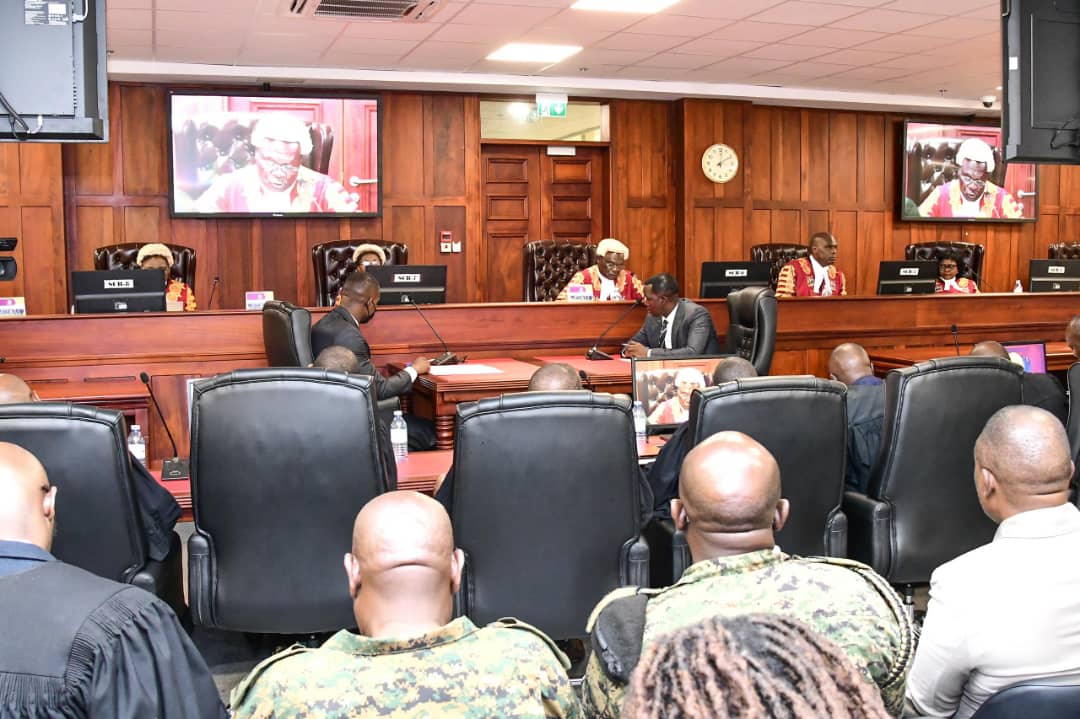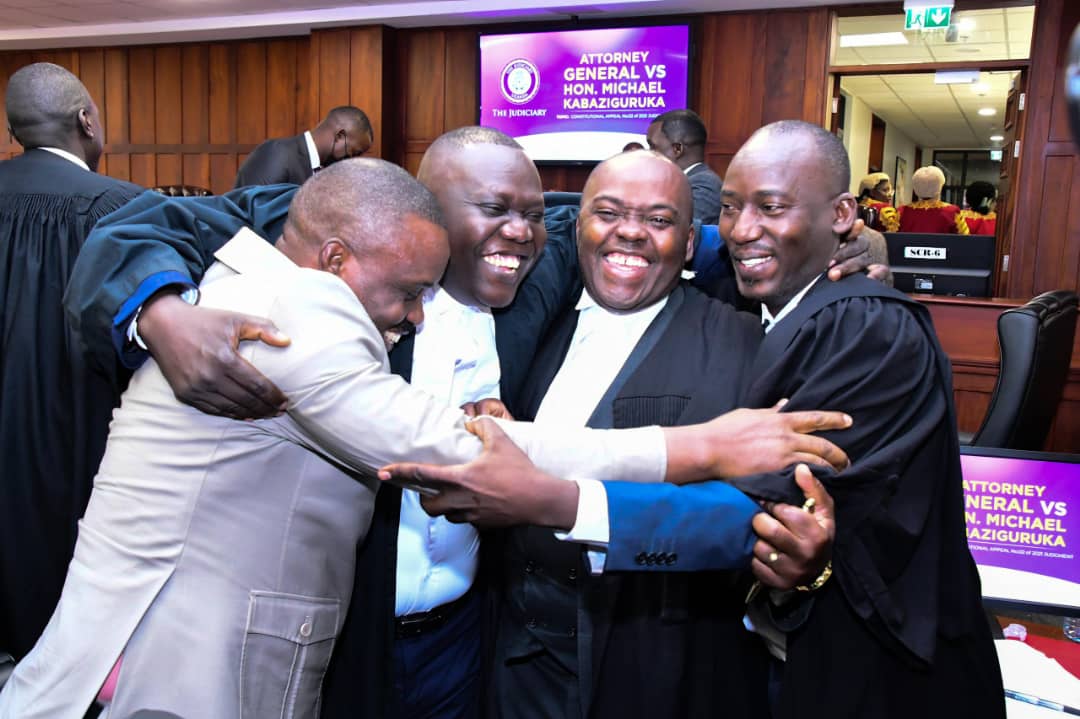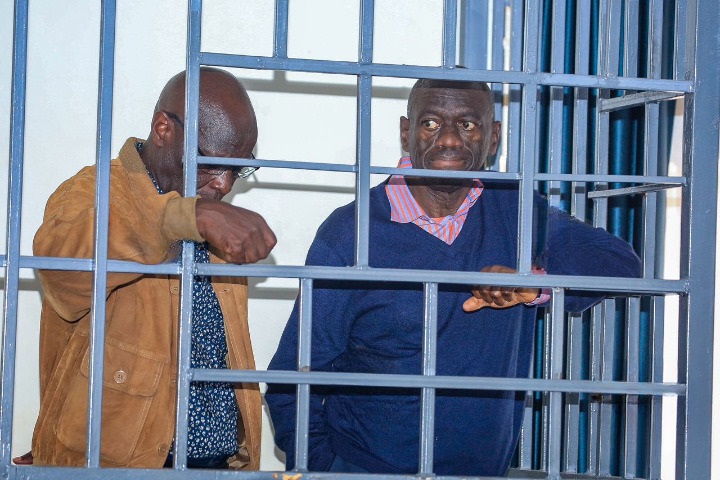Following the Supreme Court’s historic ruling that bars military courts from trying civilians, attention now shifts to whether authorities will comply with the directive and move opposition figure Dr. Kizza Besigye, his associate Obeid Lutale, and their lawyer Eron Kiiza to a civilian court.
The decision, which nullifies military trials of civilians as unconstitutional, has sparked intense debate over the legal and political implications of the case.
The Supreme Court upheld a 2021 Constitutional Court ruling that Sections 2, 119, and 179 of the Uganda People’s Defence Forces (UPDF) Act—previously used to justify the prosecution of civilians in military courts—were unconstitutional. Chief Justice Alfonse Owiny-Dollo and his fellow justices stressed that military courts lack the independence and jurisdiction required to handle civilian cases.

Next Steps: Will the Government Transfer the Case?
With the ruling now in effect, the biggest question remains: Will the state move Dr. Besigye and Obeid Lutale’s case to a civilian court, as the Supreme Court dictates?
The judgment does not automatically grant them freedom but instead directs that all cases of civilians previously charged in military courts be transferred to the civilian judicial system, where the Director of Public Prosecutions (DPP) has authority. This means the government must now decide whether to press formal charges in a competent civil court or drop the case entirely.
Attorney General Kiryowa Kiwanuka, who had defended the military’s jurisdiction over civilians, has yet to indicate the government’s next move. However, legal analysts argue that failure to transfer the case would amount to contempt of court and a violation of constitutional law.
Legal and Political Ramifications
The ruling has far-reaching implications for Uganda’s legal landscape, especially regarding the prosecution of opposition figures and activists. Over the years, several political opponents have been charged in military courts, a move widely criticized as a tool to suppress dissent.
Justice Percy Night Tuhaise, one of the Supreme Court justices, underscored that “all prosecution of criminal offenses should be done by the Director of Public Prosecutions (DPP).” Her remarks highlight that the judiciary expects full compliance with the ruling, and any deviation could spark further legal battles.

Meanwhile, human rights organizations and opposition politicians have welcomed the ruling, calling for immediate action to transition all affected cases to civilian courts. If the government complies, it will set a precedent that ensures all civilians—regardless of political affiliation—face justice under civilian law rather than military tribunals.
What Lies Ahead?
As the legal battle shifts from the military to civilian courts, the focus will be on whether formal charges will be filed against Dr. Besigye and Obeid Lutale. If transferred, their case will become a litmus test for Uganda’s commitment to judicial independence and constitutional governance.
For now, all eyes remain on the government’s next move: Will the state respect the Supreme Court’s ruling and proceed with a civilian trial, or will legal maneuvering delay justice once again?







